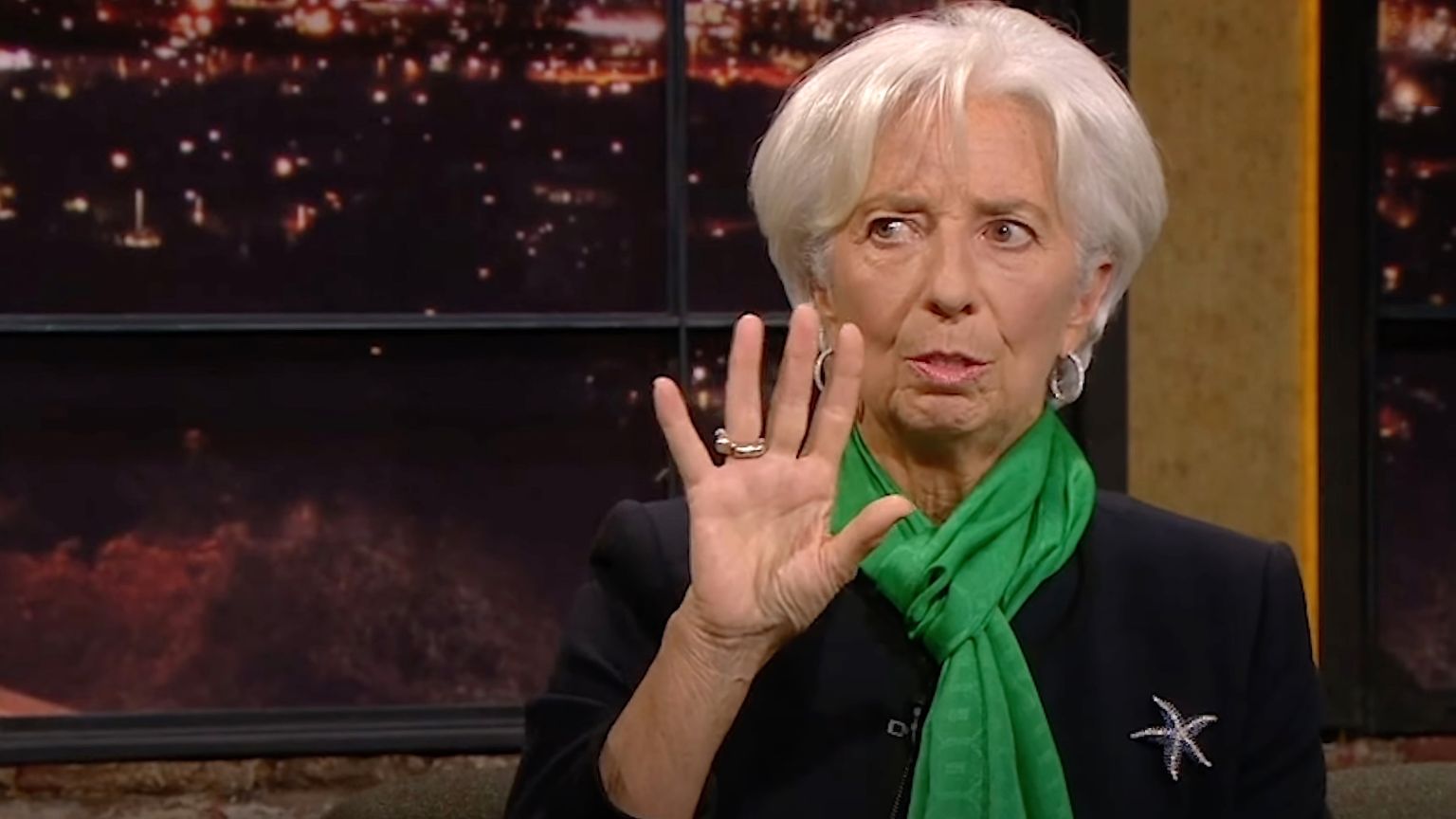The EU financial industry and policymakers are rallying around the push to introduce a digital euro – a variety of the central bank issued digital money (CBDCs).
The banks seem on board, and the European Central Bank (ECB) certainly is, judging by statements made by its president, Christine Lagarde, who recently, among other things, remarked that a digital currency “will never be as anonymous as cash.”
The train may have already left the station as far as Europe’s autonomy in many areas – but the ECB chief believes that at least where payments are concerned, that autonomy can be still preserved, and, according to her, this would happen thanks to the digital euro.
Lagarde told a panel at the Bank for International Settlements (BIS) event that cards and apps that people use these days in Europe are “not necessarily European” – and to “sell” the digital euro, she praised the possible future centralized digital currency as not only “safe and cheap” but also, “sovereign.”
Considering that CBDCs are very controversial, expect more mentions of that last selling point to be made by other officials, as the EU prepares the ground for the launch of its digital money.
Meanwhile, the European Banking Federation (EBF), a trade association, has published a paper presenting its “vision” for the digital euro. The EBF sees a future “ecosystem” populated by a retail digital euro, a wholesale CBDC and bank-issued money tokens, and this would benefit customers and spur innovation.
And, here as well, there are hints of “making Europe sovereign again” – namely, a statement issued by the organization mentions that this scenario would ensure that Europe “stays at the forefront of digital finance and the digital economy.”
What’s referred to as the retail digital euro is the document’s focus, and here, the EBF advises developing it with “strong” market involvement and “a full and transparent public-private partnership.”
The design of the digital euro will determine both its success and mitigate risks, says the group. Going into guarantees for financial stability and bank funding, the paper states that “the level of holdings of the digital euro should be carefully limited by design at a level that prevents financial stability risks.”
The EBF would like to see control exerted over what Europeans are allowed to do with their digital wallets, and speaks in favor of “a low fixed cap on individual holdings (…) designed reflecting the average daily payment needs of European citizen.”
There should also be “a limit on the transaction amount,” the trade association said.










